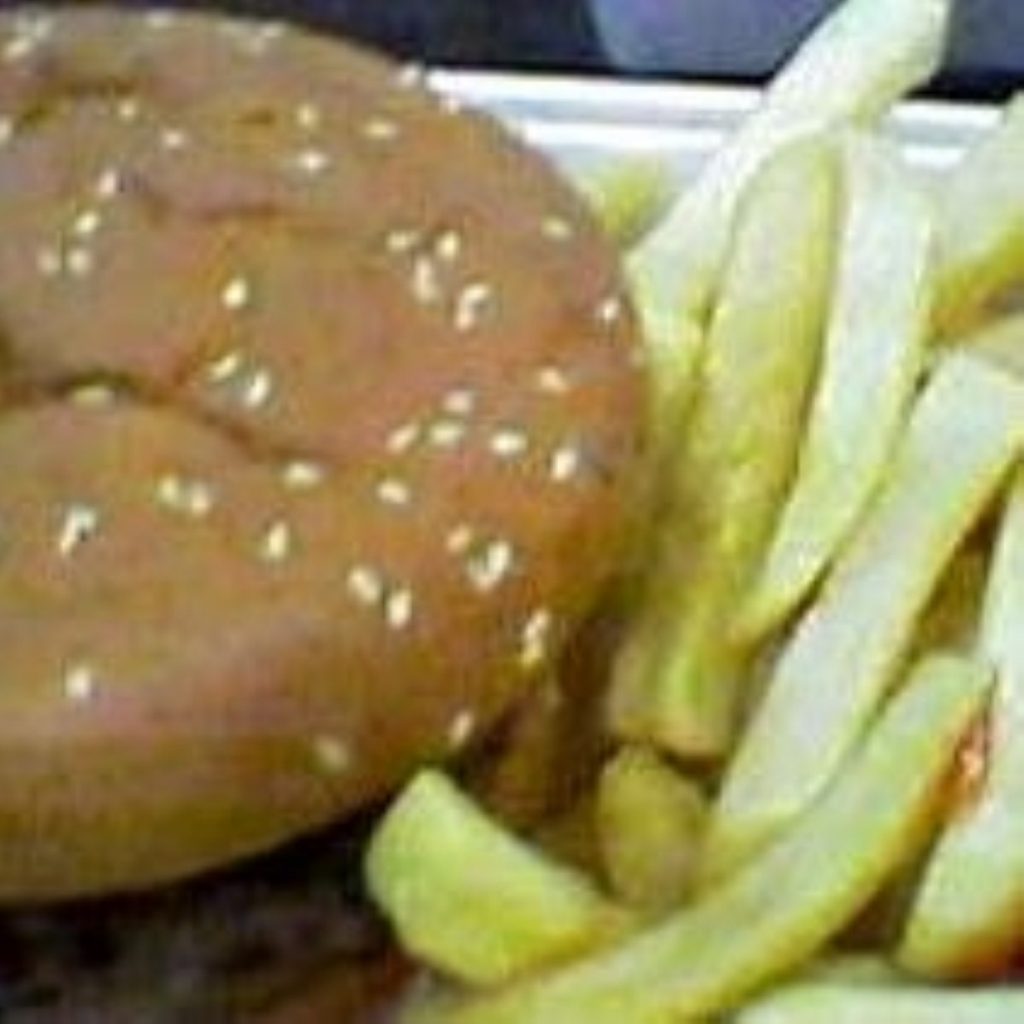Schools told to provide healthier meals
The nutritional value of school meals will be more closely monitored under new plans announced by the Education Secretary.
Ruth Kelly said that stricter guidelines would be introduced across the country from September as part of the Government’s wider campaign to beat childhood obesity.
Ms Kelly has also promised that parents will be given a more central role in deciding what their children eat at school to ensure that youngsters’ dietary needs are being met.
There will be new minimum standards for processed foods, such as beefburgers, aimed at reduced their fat, salt and sugar content.


Ms Kelly said: “Parents want to know that when children are eating school meals they are getting the quality of what they would serve at home. I want parents to become more involved in schools, not only in the quality of education, but in everything that their child experiences within the school gates – including what they eat.
“We have already set down minimum standards for school dinners, but they are just that – a minimum. We are now working to raise the bar and support schools and parents to improve school meals ahead of the introduction of comprehensive, tougher standards next year.”
The Government will also develop a new school food trust to give independent advice and support to schools and parents.
Healthy eating will become part of the Ofted inspection process this September, with new minimum standards for all school meals introduced by September 2006.
Jean Gemmell, general secretary of the Professional Association of Teachers (PAT), welcomed the news, saying: “A good diet and good health go hand in hand. We welcome initiatives to promote healthy eating. Schools can play an important part in encouraging pupils to eat more healthily.
“We would welcome getting parents more involved by giving them a say on school meals. However, the promotion of healthy eating has to start in the home, with encouragement from the Government through the media. Children eat a lot more meals at home and elsewhere than they do at school.”
She added that they would like to see more restrictions on the promotion of junk food to children and an increase in physical education in schools.
Dave Prentis, general secretary of UNISON said that his members would be pleased.
Mr Prentis said: “We know from our members who work in school kitchens that they are very worried about the poor quality of the food they are made to dish up. They know that given the choice children will make a b-line for the chips and burgers and we need to make sure that they are given healthy alternatives.
“Parents have a right to know that their children aren’t exposed to a vending machine diet of crisps, fizzy drinks and chocolate. Schools need sound food policies with nutritious affordable meals, breakfast clubs and after school cookery classes and fruit schemes. The cost of these schemes would be peanuts, compared to the growing cost of treating ill health through poor diet later in life.”

